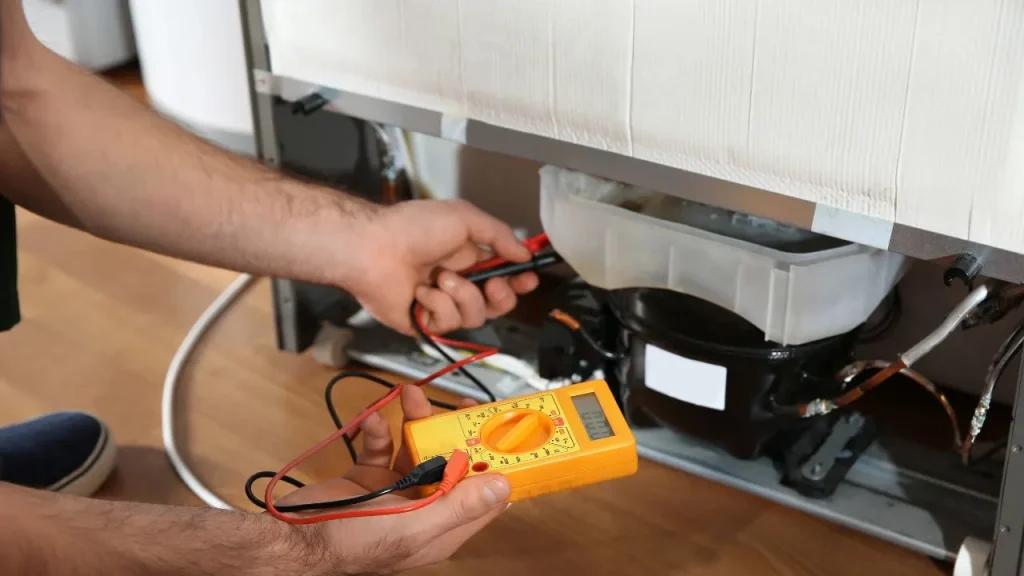
How an OTA Degree Can Help You Make a Difference in Patients’ Lives
An ota degree is more than just a piece of paper—it’s a passport to changing people’s lives every single day.
You’re not just stepping into a job; you’re stepping into someone’s recovery journey.
And that’s where real purpose begins.
What Does an OTA Do?
Occupational Therapy Assistants (OTAs) work directly with patients under the supervision of occupational therapists.
They help individuals regain independence after illness, injury, or disability.
Think of someone recovering from a stroke and needing to relearn basic activities—bathing, dressing, cooking.
That’s where an OTA comes in.
You become the bridge between therapy goals and real-world living.
When I first shadowed an OTA in a rehab center, I watched her guide a patient through tying shoelaces after hand surgery.
It looked simple – but it was powerful.
That moment stuck with me.
It wasn’t flashy.
It was human.
ota degree programs prepare you with hands-on training and clinical experience that actually mirrors what you’ll be doing on the job.
You’re not just memorizing from textbooks—you’re learning how to support patients emotionally and physically.
The People Who Make It Worthwhile
Every OTA has stories.
The veteran is relearning how to cook with one arm.
The child with sensory processing challenges who finally brushes their teeth without fear.
The elderly woman is regaining confidence to climb stairs after a fall.
You’re not just watching people recover.
You’re actively part of the process.
You cheer.
You coach.
You cry, sometimes.
It’s real and raw.
When I completed my first Level II fieldwork, I worked with a patient who had early-stage Parkinson’s.
Our sessions focused on handwriting and buttoning shirts—fine motor control.
By the end of eight weeks, he could write a full sentence and button his cuffs without help.
That victory wasn’t just his—it felt like mine too.
Why This Career Feels Different
Let’s be honest—plenty of jobs pay well.
But not all jobs leave you feeling fulfilled at the end of the day.
With an OTA role, your impact is visible.
It’s in the smile of someone who can feed themselves again.
It’s in the thank-you card taped to the breakroom fridge.
And the workday never looks the same.
You might be helping a toddler develop grip strength in the morning, and later guiding a car accident survivor through memory exercises.
It keeps you on your toes—in a good way.
Education That Balances Life
One of the best parts about pursuing an ota degree is how accessible it is.
Most programs can be completed in two years.
That means less student debt and faster entry into the workforce.
For those juggling jobs or families, many schools offer flexible schedules, weekend options, or blended formats.
I was working part-time and helping care for my grandmother when I started my program.
It wasn’t easy—but the structured support and clinical mentorship made a huge difference.
You learn not just how to treat, but how to connect.
And that soft skill?
It’s what makes great OTAs stand out.
Where Can You Work with an OTA Degree?
The options aren’t limited to hospitals.
You can find OTA roles in:
- Pediatric clinics
- Skilled nursing facilities
- Mental health centers
- Rehab hospitals
- Schools
- In-home therapy settings
Some OTAs even travel for work—supporting patients across different states through short-term assignments.
It’s perfect if you want to explore while making a difference.
And if you want to specialize later, that’s possible too.
Areas like neuro rehab, geriatrics, pediatrics, or even adaptive technology are all pathways you can explore.
Real Stories, Real Change
I once met an OTA who worked in early intervention services for children with developmental delays.
She helped a non-verbal toddler use assistive tech to say “Mom” for the first time.
It brought the entire room to tears.
That’s the power behind this work.
Small wins that matter more than anyone realizes.
Or the OTA who designed custom utensils for a stroke survivor who loved to cook but had lost fine motor control.
He cried the day he sautéed onions again—because it wasn’t just a task.
It was his identity returning.
Growth in Demand
The need for OTAs is only growing.
An aging population and increased awareness of developmental disorders are driving demand.
According to labor statistics, OTA roles are projected to grow much faster than average over the next decade.
That means job security.
That means opportunity.
That means you’re stepping into a future-proof profession with real value.
Final Thoughts: It’s More Than a Job
Earning an ota degree isn’t just about learning how to help someone zip a jacket or climb stairs.
It’s about restoring dignity.
It’s about enabling independence.
It’s about believing in someone’s ability to recover—even when they don’t.
If you’re looking for a career where you see the difference you make every day, where your empathy becomes your strength, and where no two days are ever the same—this might be the path for you.
And once you’re in, you’ll know exactly what I mean.
If you’re planning to start a healthcare career in Canada, it’s essential to know which institutions and organizations recognize your qualifications. Language tests like CELPIP play a crucial role in this journey. Find out where CELPIP is accepted and who recognizes it across Canada to ensure you’re aligning your efforts with the right immigration or professional pathways.











